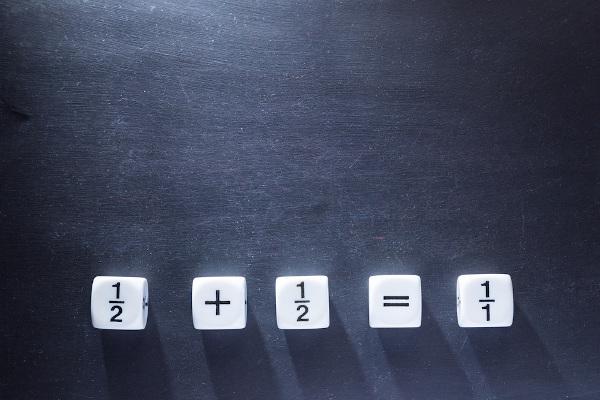O deja vu, a French expression meaning “already seen”, is an intriguing sensation that many of us have experienced.
It's that inexplicable, momentary impression that the scene before our eyes has been lived before. Who never faced this?
see more
Fortune in sight: 5 signs that will fill your pockets SOON; look…
Easy, easy: learn a simple way to unclog the shower for…
Déjà vu arouses fascination and curiosity as it challenges conventional notions of time and memory. Over the years, scientists, psychologists and neurologists have dedicated themselves to unraveling the mysteries behind this experience.
Therefore, we explore the theories that try to explain the phenomenon, delving into the complexities of the brain and mind to understand why, sometimes, the present seems intertwined with the past. Understand better below!
What is this feeling of having lived the moment?
The term “déjà vu”, coined by French philosopher Émile Boirac in 1876, describes an intriguing psychological event that challenges our perception of time and reality.
In this enigma of the mind, an apparently new and unique situation acquires an inexplicable familiarity, as if we were reliving a fragment of our own history.
It's as if life is reproduced in an instant, although we know that the scenario is really unprecedented.
While déjà vu can give you goosebumps, it's a surprisingly common experience, affecting an estimated 60% to 80% of the population at some point in their lives.
It is often and erroneously associated with premonition, an ability to envision the future. However, the crucial distinction between these two phenomena lies in time.
Déjà vu occurs during the event itself, not before. Experts mostly agree that the origin of déjà vu is linked to the memory centers of the brain. The question remains: how does this happen?
Opinions vary, with some theories suggesting that it is simply the result of the complexities of memory, the mind fooling itself.
On the other hand, there are those who dare to enter the terrain of spirituality and deeper meaning, seeking connections that transcend the spiritual realm.
(Image: publicity)
What does psychology say?
The enigmatic phenomenon has given rise to several fascinating explanations over the years. One of them is the proposal of psychologist Alan Brown, known as the “double processing theory”.
According to this conception, déjà vu happens when two cognitive processes are temporarily in sync. Imagine, for example, the act of seeing an image and remembering it at the same time.
This simultaneity could create the feeling that the situation has already been experienced before, even if it is the first time it has happened.
What does neurology say?
Neurological theory offers an intriguing explanation for déjà vu, proposing that it results from a brief interruption in the temporal cortex, a brain region involved in recalling past memories.
Such a momentary interruption can create a “false memory” of the current situation, generating a feeling of déjà vu.
The neuroscientific perspective invites us to examine the intricacies of neural connections and the delicate interplay between different parts of the brain that underpin this unique experience.
What the medicine says:
Medical conditions such as epilepsy, schizophrenia and Alzheimer's disease have been associated with the phenomenon of having lived in the present moment.
These pathologies can impact neural and cognitive processes, leading to disturbances in perception and perception. memory, which in turn can contribute to the experience of déjà vu.
As we age or face degenerative conditions, distinguishing between individual memories for similar places or experiences can become more difficult.
At Trezeme Digital, we understand the importance of effective communication. We know every word matters, so we strive to deliver content that is relevant, engaging, and personalized to meet your needs.

